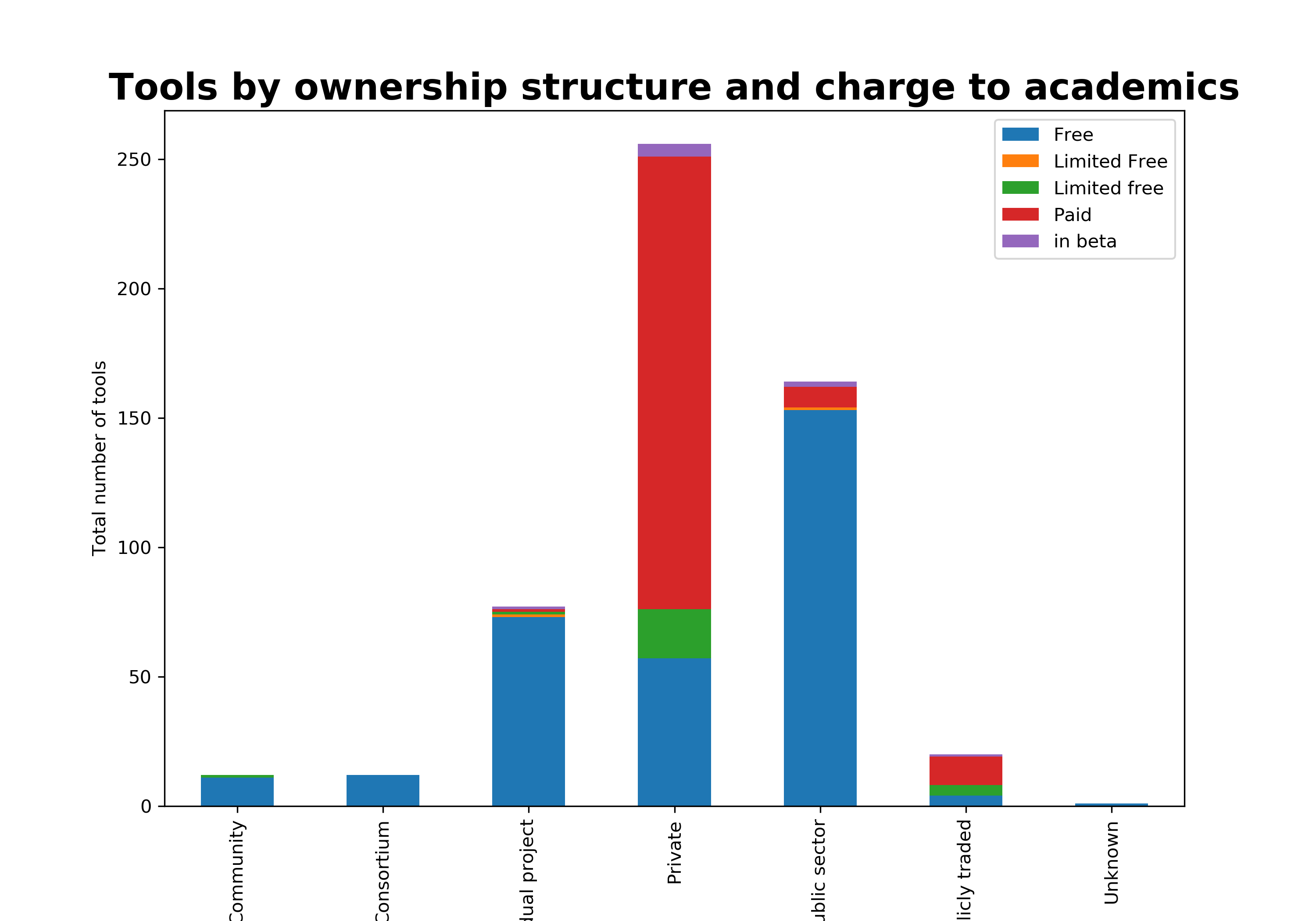Sharing research equipment: how can we do it better?
This post originally appeared on Efficiency Exchange
Last year, our aim was to inform the business case options for delivering an infrastructure that would support the sharing and use of high-value research equipment and facilities in the UK. We focused on three solutions: equipment.data, Kit Catalogue and Brunswick framework agreements.
What is equipment.data?
Equipment.data is the national portal for research equipment and facilities, endorsed by RCUK and developed by the University of Southampton. It serves three purposes: to make it easier for researchers to discover research equipment and to register high-value equipment from UK research institutions. Additionally, businesses can also find the facilities they’re searching for via Konfer, the NCUB brokerage tool for small and medium enterprises, which uses the data from the national portal.
Equipment.data has now been transferred from the University of Southampton to Jisc, and we are excited about the chance to work with you to make the portal engaging and useful for the community.
What we did
At Jisc, we worked with EPSRC/RCUK and other stakeholders to develop a sustainability plan for the national portal. We wanted to have (and share) an overarching view of this area, understand what would be the features that would align the infrastructure with the future direction of this agenda, gather user and stakeholder requirements in order to make the service beneficial to institutions beyond compliance.
Researching the market involved three aspects:
- We reviewed all relevant secondary resources, and created a public folder for them.
- We also engaged directly with institutions and researchers. We carried out 19 interviews with stakeholders to understand their needs and ways in which they seek information. This was not a randomised sample, but rather a result of engagement in a series of conferences and events. Of note are the S-Lab conference and the AURIL annual event.
We’re hoping that over the next year we’ll have a chance to speak with more institutions. If you’d like to share your requirements, challenges and success stories, please do get in touch with us.
- We’ve also sent out a survey to about 120 researchers who’ve been involved in purchasing or using high-value equipment. We got 26 responses so it’s not a comprehensive view, but we had a head start with some of the more interesting challenges. We will continue engaging with researchers and would definitely like to hear from you. What we found
The report was written by Shift Learning, a market research consultancy. As expected, it turned out to be more qualitative than quantitative, but it uncovered a few interesting insights.
The biggest challenges that researchers are facing are: finding out about equipment availability, a lack of understanding of the charging structures, and difficulty with training and support.
Many suggested that adding more detail about the equipment and better search functionality may increase the immediate usefulness of the portal.
Institutional contributors have concerns about interoperability with other systems. And they sometimes have difficulty communicating with other departments, especially when finance teams are involved.
Another area of challenge was how to calculate equipment hire charges for different users, such as internal and business users, and how to cost the risk of accidental damage.
Funders would like to see more collaboration and as a result, cost savings, based on increased use and sharing of research equipment. They also understand the challenges that institutions have at the contribution level, as well as the cultural changes that may be required on the researcher level.
To move this agenda forward, RCUK are introducing new guidance requiring all equipment purchased above the OJEU limit to be listed on equipment.data.
Next steps
We would like to continue to engage with institutions, researchers and other stakeholders in order to better develop and enhance the equipment sharing infrastructure. We welcome any new institutions that would like to publish their equipment on the portal.
Over the next six months, we will focus on improving the user experience by developing the search capabilities. We will also be working with booking systems in the UK and elsewhere to define the best way to integrate these, while building key performance indicators and usage analytics to best show value, savings and efficiencies.




